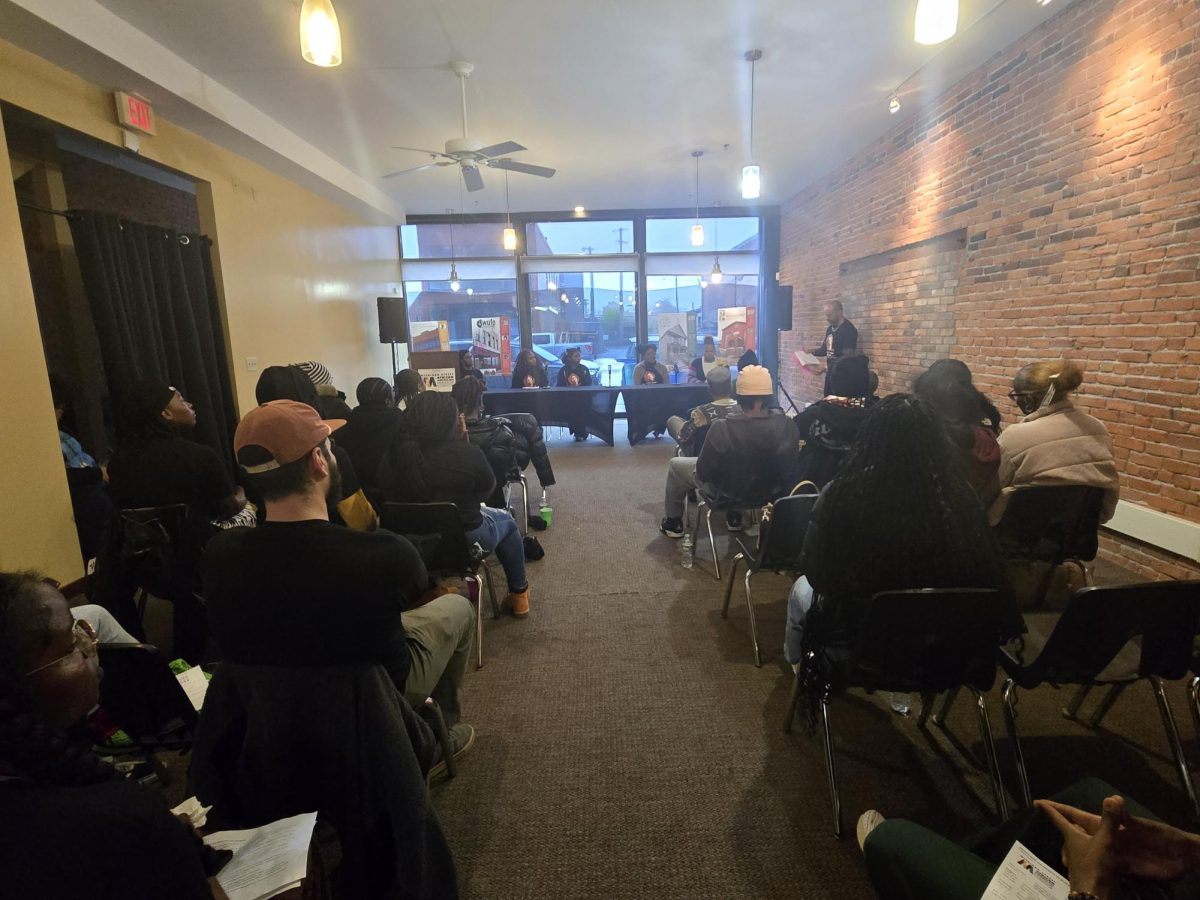Pre-ordering video games is turning into a glitchy business
November 30, 2016
Years ago, the idea of pre-ordering games was simple: You deposited money for a game that wasn’t available yet and once it was released, you picked up the game up at the store. But times have changed, and so has the business of pre-orders.
In modern times, retailers have been able to buy games before they are shipped (which means the gaming company sends the game to be sold at stores). Gamers say the system is full of problems. Often, the gamers say, the games don’t live up to the hype.
For example, when gamers pre-ordered “Assassins Creed: Unity,” they experienced glitches that many said made the game barely playable, and led to Ubisoft – the publisher of the game – to release an official apology to those who either bought or pre-ordered the game.
Pre-orders from Amazon for the “Rise Of Iron Expansion” for “Destiny” is another example. It came with a code to download an Iron Gjallahorn and a Gjallarwing Sparrow as a bonus for pre-ordering the game. But many who pre-ordered the game through Amazon never received the code to download the Sparrow.
These individuals who were affected reached out to Amazon’s customer support, but more problems rose up. Amazon said there were reasons the Sparrow code did not come with certain gamers’ pre-orders. Reps said that the company was having a mix-up with Bungie, developer of the game, which agreed with Amazon to figure out what happened. On a Reddit post about the dilemma, a Bungie employee under the screen name DeeJ_BNG responded to the creator of the post, stating, “Thanks for bringing this to our attention. We’re on it. Please stand by.”
Activision, the publisher of the popular “Call Of Duty” franchise and “Destiny,” noticed that these problems with pre-ordering have caused the sales of pre-orders to plummet.
“It’s important to note that pre-orders are just one data point that we look at when determining the momentum of a franchise,” Eric Hirshberg, Chief Executive Officer of Activision, said at an investor relations conference call in 2014, according to Eurogamer.
When asked about the issues of pre-ordering games in 2016, local gamers had a lot to say on this problem.
“Pre-orders are more like the [developers] dangling carrots in front of their customers to get their purchase early, often for content locked on the disc.” Travis Cunningham, a 22-year-old student at Niagara County Community College (NCCC), stated. “Mostly, it’s a rather sleazy practice.”
“Even if a game looks good, it may be crap when it comes out,” Jake Bayer, a computer sciences student at NCCC, said. He goes on to give “No Man’s Sky” as an example. “It’s better to wait for reviews to come out and make your decision. What if you buy a car before it’s released because it looks cool only to find that it has a bunch of defects and things that make it shitty? Pre-ordering takes away from informed purchasing.”
“I pre-ordered [“The Last Guardian”], back when I was still in Sweden about six years ago, and I want my 50 Swedish Crowns back, thank you very much,” says Felix Kjellberg, a well-known YouTube celebrity, in his video, “I Waited six Years To Play This.”
Kjellberg, mostly known as PewDiePie, is famous on the internet, having over 48 million subscribers on his channel, and yet even he suffered with the same issue that most gamers who pre-order deal with. In his video, he says he pre-ordered the game “The Last Guardian” in 2010, a year after the game was announced at the Electronic Entertainment Expo (E3) and also the same time he started his current YouTube channel. At the time of this article, the game has yet to be released, but Sony did announce a release date for the game on Dec. 6.
These issues with modern pre-ordering are causing gamers to second-guess themselves and developers. If gamers would do some research on a game before they decide to purchase or pre-order it, then maybe we can avoid all the issues the industry is throwing at us.
email: prenatt.record@outlook.com



